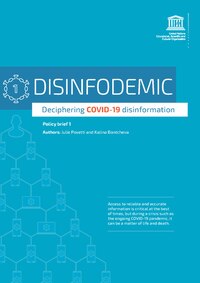
Photo from wikipedia
The COVID-19 pandemic has had a major impact on health, economy, society and education. In the effort to return to normalcy, according to the instructions of the Greek Government for… Click to show full abstract
The COVID-19 pandemic has had a major impact on health, economy, society and education. In the effort to return to normalcy, according to the instructions of the Greek Government for the resumption of the operation of schools, a screening Rapid Antigen Detection Test with the method of self-testing is required for students twice per week, for the early identification and isolation of positive cases. We aimed to pivotally investigate the knowledge, attitudes and practices related to self-testing procedures against COVID-19 among Greek students. A questionnaire was distributed to a convenient sample of students in the region of Athens. Information about the vaccination coverage against SARS-CoV-2 was also obtained. Our study included 1000 students, with 70% of them having an average grade at school. Most of the participants were aware of coronavirus (98.6%) and the self-test (95.5%). The vast majority of students (97%) performed self-testing twice per week, with the 70% them being assisted by someone else. Nearly one sixth of the participants had been infected by COVID-19 (14%) while 36% of them have already been vaccinated against SARS-CoV-2. In conclusion, we report high compliance with the COVID-19 self-testing procedure among students in Attica, Greece. Older age adolescents are more likely to not comply with the regulations of self-testing. Consequently, tailored interventions targeted at older age adolescents are warranted in order to increase the acceptability of self-testing.
Journal Title: International Journal of Environmental Research and Public Health
Year Published: 2022
Link to full text (if available)
Share on Social Media: Sign Up to like & get
recommendations!